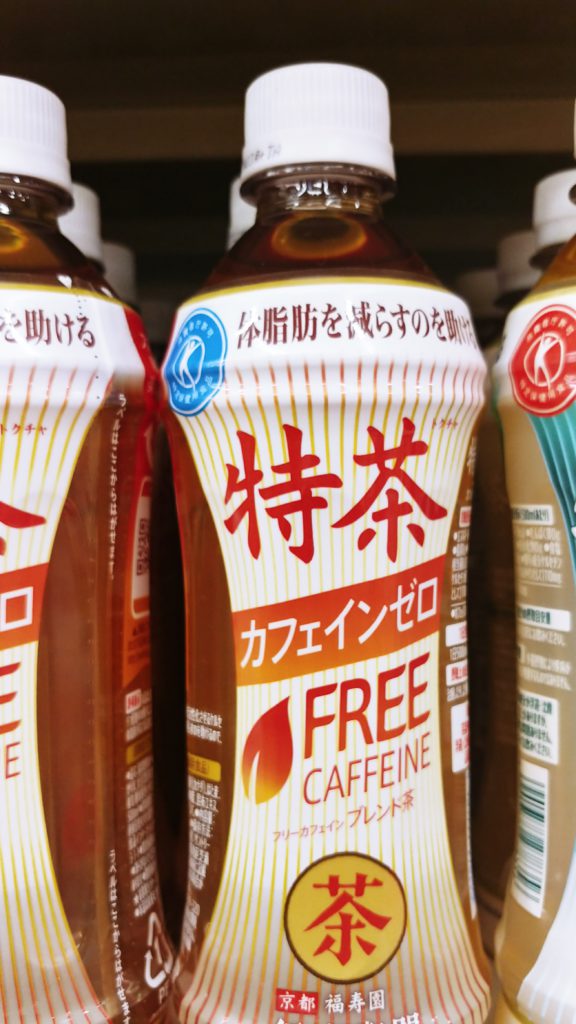
Over the over 12 years I’ve spent in Japan, I’ve realized a few points about bad English that you can find here:
- You won’t find it on many big-name company products. Disney Resort products are especially careful with their English. UNIQLO is also really good with their English since becoming a more global brand. That means, if you want bad English on a shirt, look to stores selling cheap clothing. The store “Shimamura” comes to mind. Cheap, and the phrases on their shirts are priceless.
2. You stop caring after a while. When I first came to Japan, bad English was a huge novelty that amused me to no end. I collected shirts of truly bizarre English and proudly wore them. Now, however, I’ve grown so accustomed to bad English that nothing but truly, truly genius mistakes will grab my attention.
3. I still remember a news segment I watched a while ago that showed the process of people in fashion companies choosing English that goes on their shirts. It is beyond haphazard. Apparently the employees care more about how a word looks on the shirt, in the font they want, than what it means. They don’t focus on how the words come together to form sentences; it’s all about how the shape of the words look on the shirt.
4. My absolute biggest pet-peeve for bad English in Japan is all of the signs stating “Close” when a store is closed. I think in the 12 years I’ve been here, I’ve only spotted maybe 5 stores that have put “Closed” instead of “Close.” I can’t tell you how many times I’ve had to restrain myself from grabbing a permanent marker and sticking a “d” to the end of the sign.